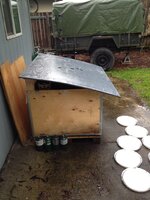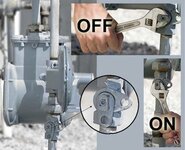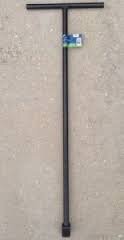- Messages
- 11,081
- Reactions
- 50,429
After several other threads on the possible big one hitting the PNW it has gotten me thinking. How prepared are we. I'm not talking your preps or your get home bag or even a bug out bag.
What really made me think was how safe is my family at home. Does everyone have a plan on the safest place in the house to be during such an event?
Has anyone retrofitted there house or thought about spending the money to do so. My house was built in 1991 so I know the building codes are tougher now then they were back in 91. Is it worth having a earth quake retrofit done and will it really help to spend the money?
Thinking about the safety of my family these are the things that have come to mind.
What really made me think was how safe is my family at home. Does everyone have a plan on the safest place in the house to be during such an event?
Has anyone retrofitted there house or thought about spending the money to do so. My house was built in 1991 so I know the building codes are tougher now then they were back in 91. Is it worth having a earth quake retrofit done and will it really help to spend the money?
Thinking about the safety of my family these are the things that have come to mind.















